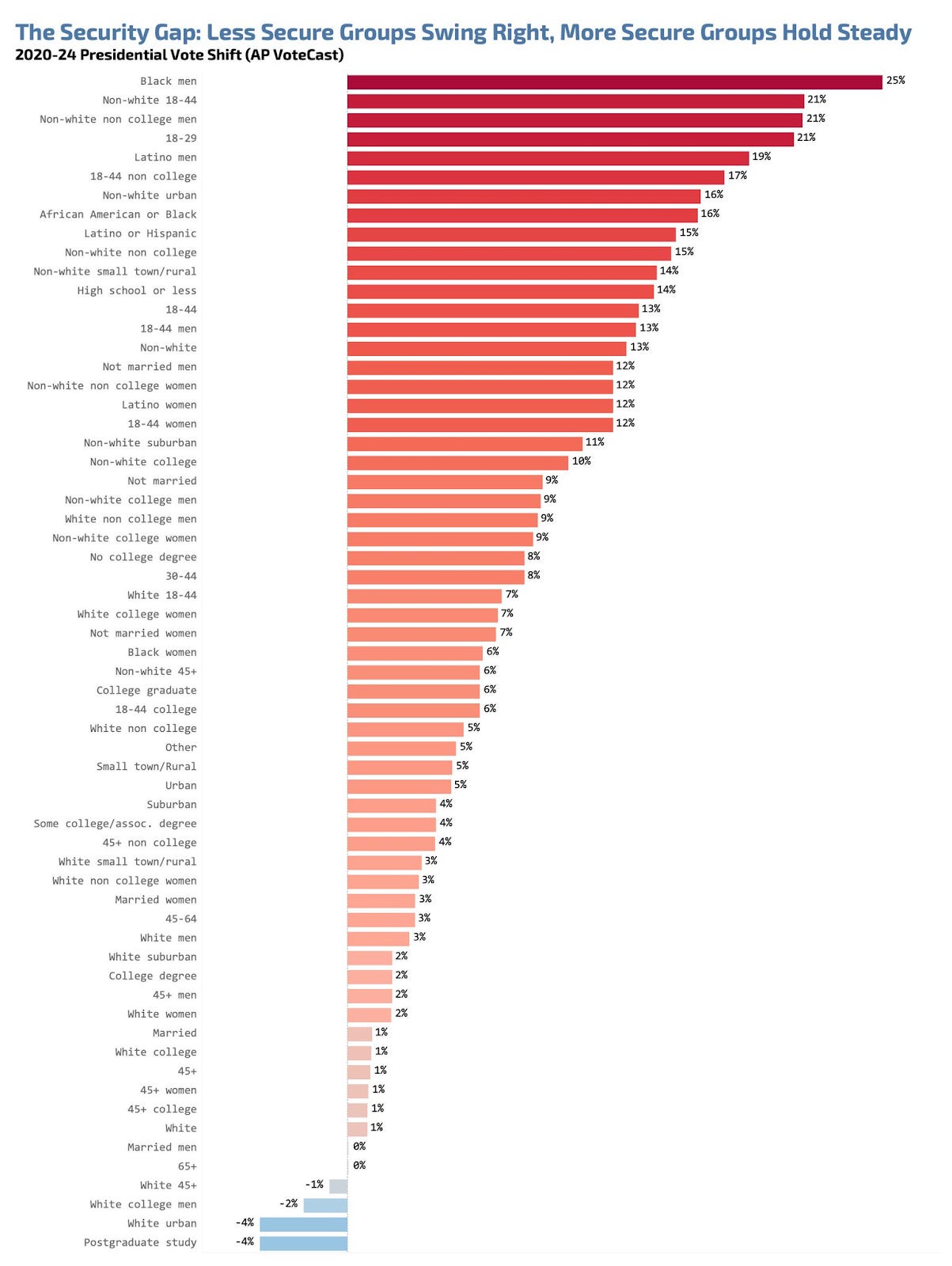
Red Garland, Miles Davis, Philly Joe Jones, and Paul Chambers during the Cookin' recording sessions in May 1956 featured in this week’s music recommendation. (Photo: Michael Ochs/Getty Images)📖 “The Prophet of Left Conservatism,” by Justin Vassallo. In Compact, regular TLP contributor Justin Vassallo reviews German sociologist and former Gerhard Schröder advisor Wolfgang Streeck’s new book, Taking Back Control?: States and State Systems After Globalism. Vassallo looks at the pros and cons of a political vision that is anti-globalization and pro-national sovereignty, and yet still egalitarian and cooperative:
Taking Back Control? arrives at a perilous moment in world history, bearing a politics and view of recent global events unlikely to win many new adherents despite Streeck’s egalitarian prescriptions. Beyond obvious questions about his vision’s feasibility, some readers might raise concerns about what Streeck’s emphatic support for deglobalization implies for international human rights or global climate policy. What we have glimpsed thus far of deglobalization looks like, well, the hot wars in Ukraine and the Middle East and the escalating cold war with China. This instability has made many people, including nominal opponents of neoliberalism, long for the halcyon days of peak globalization, even though every decade since the purported peace dividend of 1989-1990 has brought us to this point—and seen multiple wars of devastating consequence besides.
Another source of tension stems from the way in which global governance has supplanted an earlier conception of left-wing internationalism. Among left-liberal opinion-makers, it has proved easier to critique globalization while urging remedies centered on combatting tax evasion than to propose a more systemic overhaul predicated on economic self-determination. A partial manifesto for radical delinking, permeated with distrust of multilateralism in most of its current forms, will strike some as too sanguine about the potential for peace and equality within and between nations, given the dangers commonly (though not always accurately) associated with multipolarity.
Streeck’s sympathies, moreover, don’t neatly align with any prominent political-ideological persuasion. Some progressives may view his defense of sovereignty as inconsistent and shading into justification for traditional geopolitical spheres of influence, including Russia’s. He is alarmed, in particular, by the Biden administration’s Ukraine strategy and sees Washington displacing what little remains of European sovereignty. Streeck’s view of China is more ambiguous, though he sees Russia becoming its “Eurasian dependency.” […]
Still, Streeck seems increasingly at home with a “left conservatism” that many on the left view as a betrayal of cosmopolitan values. While he doesn’t dwell on migration in the book, the ability to regulate the labor market in all respects is obviously integral to his concept of economic sovereignty. Open borders, as Streeck has variously suggested, are part and parcel of a regime of coercive openness that forbids states from imposing capital controls, including barriers to goods and services that destabilize domestic employment and undermine the efficacy of national and regional developmental projects.
📈 “The key voter shifts that led to Trump's battleground state sweep,” by Steve Kornacki. A very good and detailed breakdown of the political geography of Trump’s victory in each swing state from NBC News. Kornacki provides the full story behind the topline results in each state.
📊 “The realignment is here,” by Patrick Ruffini. TLP friend Patrick Ruffini provides a smorgasbord of interesting data, charts, and analyses from 2024 in his Substack, The Intersection. Check out informative graphics like this one showing all the demographic shifts in AP VoteCast.
🎧 “Where Do Democrats Go From Here?” podcast discussion with Freddie deBoer and Ruy Teixeira. Ruy and leftist social critic Freddie deBoer tackle all your questions about the 2024 election in a free-flowing interview with Michael Moynihan on the latest podcast from The Free Press:
We talk about how Democrats became the party of elites, whether Kamala Harris’s loss is the death knell of identity politics, why abortion wasn’t enough to save the Democrats, and whether the party will learn any significant lessons from this historic defeat.
🎶 Cookin’/Relaxin’/Workin’/Steamin’ with the Miles Davis Quintet. After a week of raucous live rock and indie shows, it’s always a pleasure to relax over the weekend with any of these four excellent albums from the vintage Miles and Co. sessions of 1956. Enjoy a great “mix of standards and originals, up-tempos and ballads” featuring the legendary trumpeter and his all-star band of John Coltrane, Red Garland, Paul Chambers, and Philly Joe Jones.







It would be nice if there was some interest in sovereignty on the Left. The recent appearance of BSW suggests there may be a base of support for it. If they make common cause with the Establishment parties, however they are doomed. Any future would be with the AfD. Sovereignty is baseline while the level of welfare is details.
The reviewer was a great example of why antiglobalism has become the province of the Right. To blame the Ukraine war on antiglobalism is a version of The World started in 2022. Starting in 1991 (remember the New World Order), the globalist West steadily backed Russia into a corner and the war is a result. The Middle East war is something more ancient but if you want a proximate cause, the answer is British colonialism (i.e. globalism). As for the Chinese, that is a struggle between two sorts of globalisms.
The smug comments about climate change and human rights topped it off. They sure have done a bang up job. The former has become an excuse for grifters to fly their private jets to the other side of the world and plot to take away our gas stoves. As for human rights, what they have accomplished is widespread abuse in the former democratic countries and nothing at all elsewhere.
In terms of Security Gap data, I'd like to see breakouts for those with college degrees working jobs that do not require a college degree. Keep up the great work!